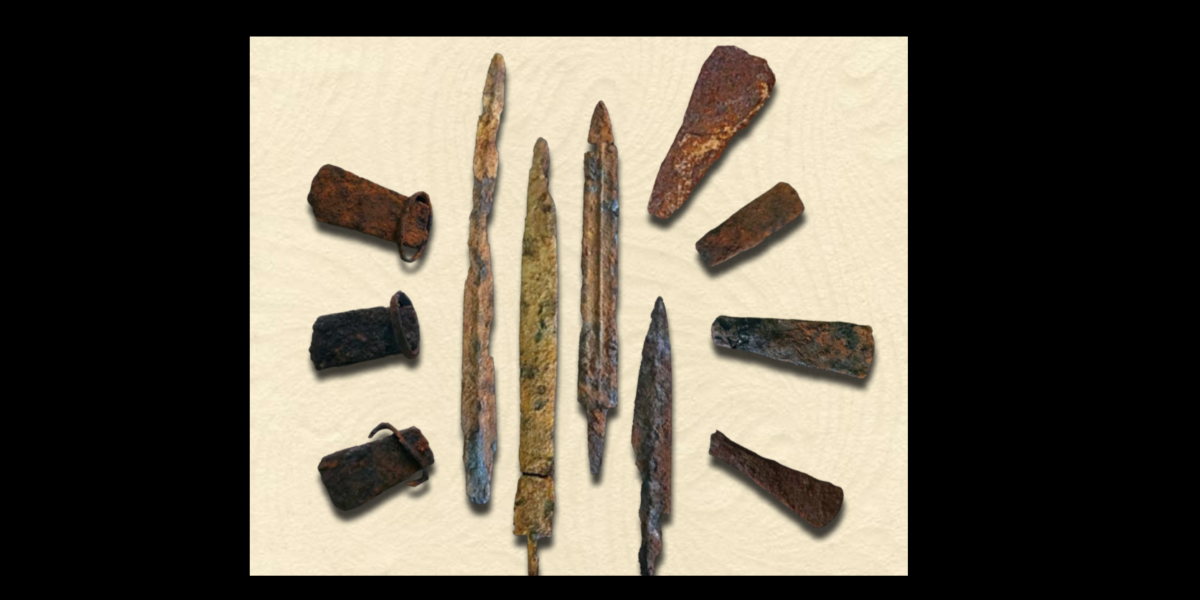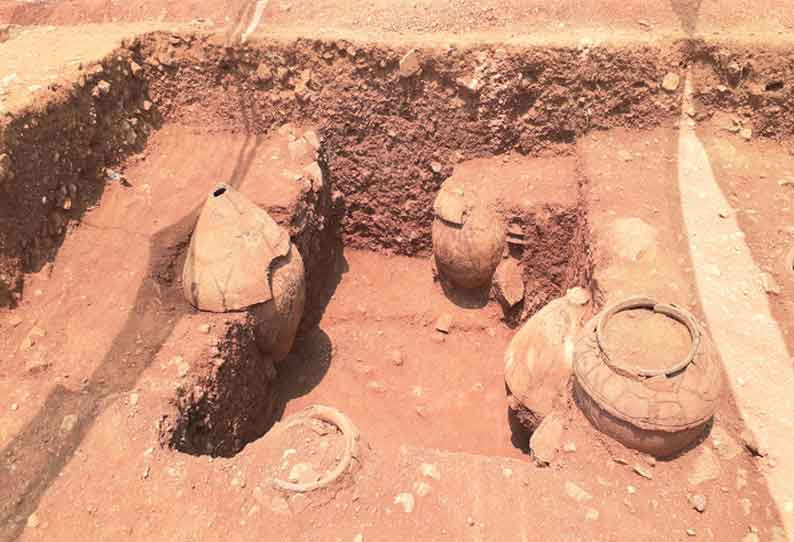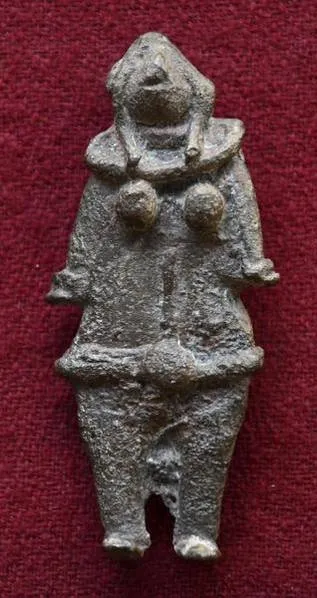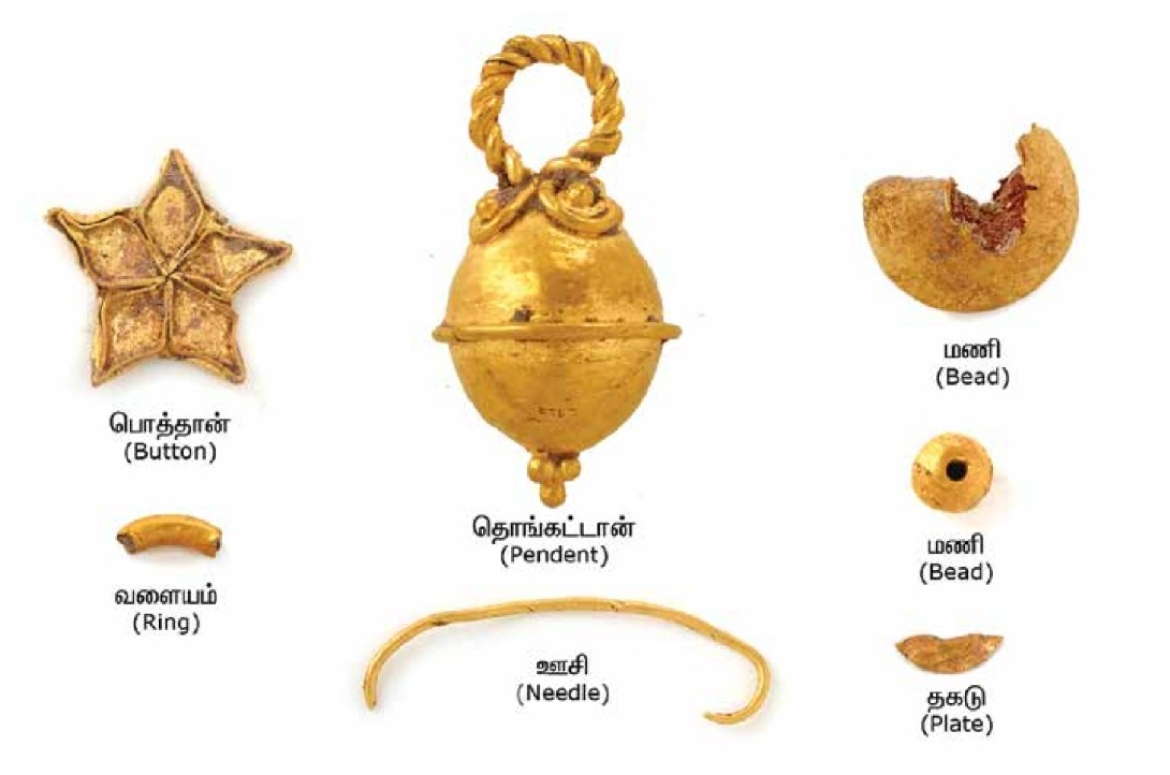Groundbreaking Discoveries in Tamil Nadu’s Metalworking History
Recent archaeological research has unveiled compelling evidence that Tamil Nadu’s metalworking traditions date back to at least 3300 BCE, shedding light on the region’s early advancements in metallurgy. Excavations at key sites like Adichanallur, Kodumanal, and Keeladi suggest that ancient Tamil societies independently developed expertise in working with copper, bronze, and iron—well before conventional historical narratives recognized their contributions.
A Distinct Tradition of Metalworking
The evolution of metallurgy in South India plays a crucial role in the broader history of human technological progress. While the Indus Valley Civilization (IVC) is often credited with pioneering metal use in the Indian subcontinent, discoveries indicate that Tamil Nadu developed its own sophisticated metallurgical techniques. The earliest evidence of metal usage in the region dates back to the Neolithic-Chalcolithic period (around 3300 BCE) and continued to evolve through the Megalithic and Early Historic periods.
Archaeological Excavation at Adichanallur Thoothukudi District. Credit: Department of Archaeology, Govt of Tamil Nadu.
Tracing Tamil Nadu’s Metallurgical Roots
The origins of metal use in Tamil Nadu can be traced to the Chalcolithic period (c. 3300 BCE – 1500 BCE). Archaeologists have unearthed copper artifacts, including tools and ornaments, at Adichanallur, a significant prehistoric burial site near Thoothukudi. Studies of these relics reveal that early Tamil metalworkers were skilled in smelting and casting, demonstrating advanced knowledge of metallurgy.
According to Dr. K. Rajan, a leading expert in South Indian archaeology, "The findings at Adichanallur indicate that Tamil societies were experimenting with metalwork as early as the late Neolithic period. This challenges the long-standing belief that metal technology in the Indian subcontinent was primarily influenced by the Indus Valley Civilization."
Megalithic Advancements: A Technological Leap
By 1500 BCE, Tamil Nadu entered the Megalithic period, which marked a significant leap in metallurgical expertise. The widespread use of iron tools, bronze weapons, and decorative metal objects indicates both technological innovation and socio-economic growth.
One of the most significant sites from this era is Kodumanal, an ancient industrial hub in western Tamil Nadu. Excavations have revealed smelting furnaces, iron slag, and finely crafted metal tools, suggesting a thriving metal industry as early as 1000 BCE. "Kodumanal was likely a major center for iron production, supplying tools and weapons to neighboring settlements," Dr. Rajan explains.
Another critical site, Keeladi, provides evidence of an urban settlement dating back to at least 600 BCE. Discoveries include iron plows, copper coins, and trade goods, establishing Tamil Nadu’s connections with regions such as Sri Lanka and Southeast Asia. The presence of metal artifacts in everyday household settings suggests that metallurgy was deeply integrated into daily life rather than being exclusive to elite groups.
Palm-sized bronze female figurine dating 1000 BCE excavated from the archaeological site at Adhichanallur, located along the Tamirabarani river in Thoothukudi district. Credit: Purushu
The Impact of Early Metallurgy
The mastery of metal technology had a profound impact on Tamil Nadu’s ancient societies. The introduction of iron tools revolutionized agriculture, enhancing food production and fostering population growth. The development of metal weaponry strengthened emerging Tamil kingdoms, contributing to their military power. Additionally, Tamil Nadu’s metallurgical expertise played a pivotal role in trade, connecting the region to distant civilizations, including the Roman Empire. Evidence of Tamil-Roman trade artifacts further supports these ancient global exchanges.
Redefining History
These discoveries are reshaping historical perspectives on ancient South India’s technological contributions. Ongoing excavations, particularly at Keeladi, continue to reveal fresh insights into Tamil Nadu’s metallurgical heritage.
"The story of Tamil Nadu’s early metallurgy is still being written," Dr. Rajan remarks. "With further research and advanced scientific analysis, we may soon uncover even older evidence of metalworking, solidifying Tamil Nadu’s legacy as a pioneer in early human technology."
7 gold ornaments excavated from Keezhadi (600 BCE). Credit: Purushu
A Legacy Forged in Metal
As archaeologists dig deeper, Tamil Nadu’s metallurgical heritage emerges as one of the most significant technological achievements of ancient India. These findings highlight that the region’s contributions to human civilization extend far beyond language and culture—they are quite literally etched in metal, leaving a lasting legacy in the history of technological innovation.










